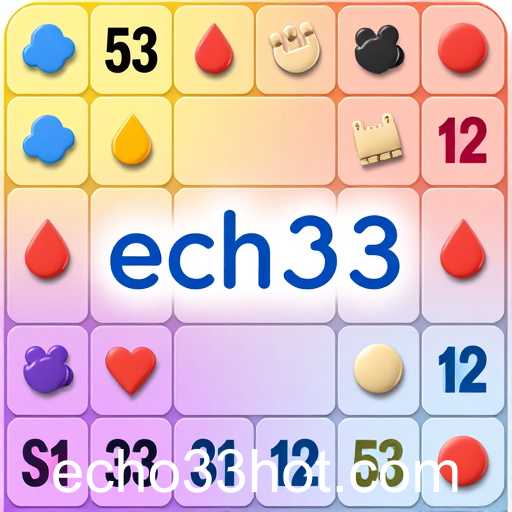Dive into the world of 'Memory Games' and discover how they can enhance cognitive function and provide entertainment simultaneously.
In the digital age, where games have evolved into complex simulations of reality, one genre remains timeless in its simplicity and effectiveness: Memory Games. These games, often found on educational and entertainment platforms, are lauded not just for their entertainment value but also for their cognitive benefits. With 'echo33' as the emerging keyword tied to this genre, there's a renewed interest in exploring how these games can be leveraged for brain health.
Memory Games are designed to challenge a player's ability to recall information, recognize patterns, and make connections. These skills, while seemingly trivial, are foundational to our daily cognitive operations. Engaging with these games can lead to notable improvements in memory retention, concentration, and even problem-solving skills. This is why educators and mental health professionals often recommend memory games as tools for cognitive development.
The mechanics of memory games are straightforward. They typically involve matching pairs of cards, remembering sequences, or solving puzzles within a set time frame. Such formats demand attention to detail and the use of short-term memory, which can, over time, translate into improvements in long-term memory as well.
'echo33' has been identified in recent analyses as a keyword that has become synonymous with memory-enhancing games. This keyword often guides users to platforms and databases rich with memory game resources, facilitating ease of access for those seeking to improve their cognitive capabilities.
One of the engaging aspects of memory games is their accessibility. They can be played by individuals across various age groups, making them a universal tool for cognitive improvement. Modern iterations are available in multiple forms, from mobile apps to interactive online platforms, ensuring that anyone with access to the internet can benefit from their use.
Additionally, the competitive element of these games adds another layer of motivation. Many platforms incorporate leaderboards, time challenges, and progressive difficulty levels to keep users engaged and striving towards improvement. This gamification of cognitive exercises helps in maintaining interest and dedication among users, who might otherwise shy away from static forms of memory enhancement.
In conclusion, the 'Memory Games' category, spotlighted under the keyword 'echo33', represents a fusion of fun and functional benefits. As more individuals become aware of the power these games hold in bolstering brain function, their popularity is poised to grow. Whether you are a student looking to improve study habits, an adult seeking to stave off cognitive decline, or simply a gamer looking for a new challenge, memory games offer something valuable. They are a testament to how play can indeed be purposeful.




